Here’s a Great Way to Turn Procrastination Into Proactivity by Building Your Decision-Making Muscle.
“We are the creative force of our life, and through our own decisions rather than our conditions, if we carefully learn to do certain things, we can accomplish those goals.” —Stephen Covey
We all know the phrase ‘the agony of choice’ – we have, most of us, heard or even used it from time to time.
In the main, easy choices are easy; there’s no heavy consequence for a single off the cuff decision – do I have toast for my breakfast or cereal? Or both? Do I go for a walk or read a book? Do I have a chicken sandwich from the shop or do I have the tuna melt? Shall I walk or take the bus? And the list goes on.
Where it really gets difficult of course, is when the choice you make influences and affects your whole existence – and crucially – others’ existence; perhaps colleagues or direct reports, or in private life, your friends or your family.
Maybe it’s a career decision; maybe it’s to do with a move: where to live, or with whom. Maybe it’s a decision for the benefit of those who we love that may not be well received: – one’s children or elderly parents perhaps?
And to arm you for this exquisite moment of life-dependent decision, all you have are a few well-worn tools at your disposal.
Firstly,
you have common sense (whether you use it or not!) – ie what makes the best sense as far as the choice goes. We all have a degree of native wit and most of us know the difference between right and wrong and the first stage is a sense check for what makes the best –or put another way – the most rational, or common sense decision. Stage one sounds easy, but lest we forget, common sense isn’t always common practice.
Secondly,
after stage one has been negotiated, you have your moral code; on top of what makes rational or common sense, comes your values: your sense of right and wrong and no big decision is made without at least some reference to what really matters beyond the sensible.
Thirdly,
having held the situation up to the light and measured it carefully against what common sense and your own judgement tell you (and lets hope that the two elements converge – it makes life so much easier), the gunpowder that turns thought into action, is your courage.
No-one would ever dream of saying that big decisions are easy. Even if the decision to be made makes common sense and also conforms to your values, it’s often difficult, because big decisions mean big change, normally for everyone concerned. What can help you here, is to separate the actual change you are proposing (the mechanics) with its impact on the individuals concerned. Remember, it’s not the change itself that causes the heartache, it’s the emotional state that change puts us into. Quite often, this reflection can inoculate against your own – or others – resistance to the situation. Making the big, often brave decisions that take us out of our comfort zone, is what grows us as people, precisely because its hard. As we also know, we don’t always manage to push ourselves to make the brave decisions – we procrastinate, because we don’t want either ourselves – or others – to get hurt, and especially by us.
As many of us know through experience, it is more often than not the desire not to hurt others and its accompanying procrastination that is the single biggest contributor to precisely the outcome we are trying to avoid.
Lastly,
and as if the other three elements weren’t enough, all this time experience tells you that, even if not present during the decision itself, you will have your conscience to deal with, who will sit with you, probably on your shoulder, especially when you wake up during those long hours between 1 and 4 in the morning!
Your guilty conscience will be most evident if you have not properly observed the first three elements in the decision making chain; ie, if you have not been totally courageous, or have procrastinated, or used bad judgement or not observed common sense – any one of the first three elements, in fact.
So ‘the agony of choice’ is often aptly phrased. To deal with this most human of dilemmas, we need our wits about us.
Awareness
is the key, because if we merely react to a growing situation in a way that will bring short-term appeasement, we are reacting without control. If you observe the four elements of common sense, sound judgement, courage and your conscience, you will be the master – or mistress – of your own destiny.
Statistically, making career and life decisions are notoriously difficult, because we may want change, but we need to be very motivated for it to actually happen and get us over the line.
If you ever find yourself wanting to make changes in your life, but not quite know where to start, then be sure to check out The decision maker, which is a process for giving people clarity about the ‘what’ of their change, but it also looks to dig deeper and identify the emotional drivers underneath. This understanding is crucial in helping people to understand their need for change and exactly what their drivers are.
By going through this process, you’ll become more clear about what you want, which in turn will help you make the big changes you’re after.
Build your Decision-Making Muscle by grabbing the decision maker below:
